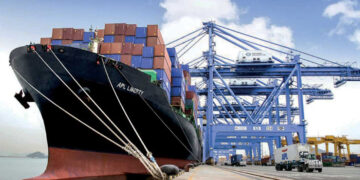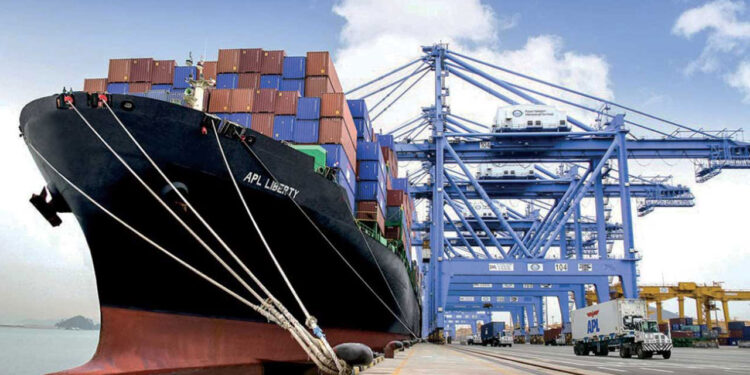By Emmanuel Nduka
Maritime Workers Union of Nigeria (MWUN) has called on the Nigerian Government to support barging activities to help decongest the port corridors.
The call was made by the President-General of the Nigerian Labour Congress (NLC) affiliate union, Comrade Adewale Adeyanju in Lagos at a Town Hall meeting put together by JournalNG, with the theme, ‘Towards Hitch-Free Port Operations In Nigeria’.
Adeyanju, who was represented by a Deputy President-General of the union, Comrade Boniface Udoh, noted that a lot still needed to be done as very long term measures to ensure that the port corridors experience free flow of traffic to the terminals, jetties and ports.
While stating that barging activities would aid trade facilitation and create seamless flow of cargo clearance and movement, he added that it would also provide succor for the existing gridlock despite the ongoing road construction along the Apapa-Oshodi Expressway.
He advised Government to see barge operations as a tool of conveying cargo and freeing the roads for other users.
“As a responsible social partner, we have called on the governments and its regulatory agencies to take urgent action and undertake any means to cause a reduction in the traffic on our port access roads.
“We note especially the need to urgently initiate palliative measures in motion on the Mile 2/Coconut, Tin Can Port axis,” he added.
About Barging
Barging involves the usage of cargo-carrying vessel designed to transport passengers or goods through rivers or canals. Normally, these shipping vessels are long, flat-bottomed boats that do not have a self-propelling mechanism, and needs to be pulled by tow or a tug boat.
Today, heavy freight shipping has become difficult, which makes barging perfect to carry heavy loads or bulky cargo, and quickly decongest port corridors. A standard barging vessel has a capacity of 1500 tons, measures 195 feet long and is 35 feet wide.



































